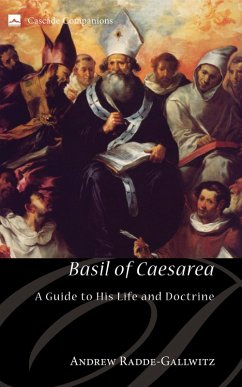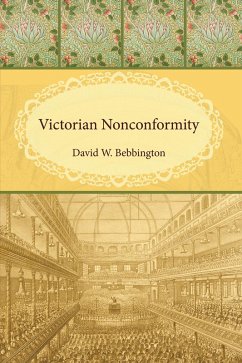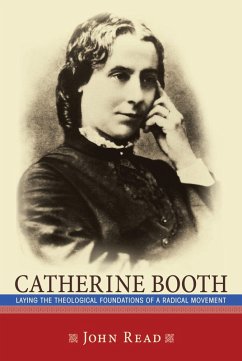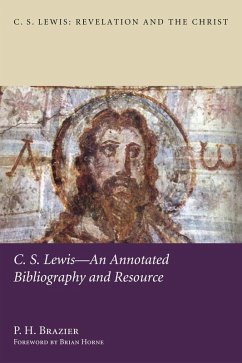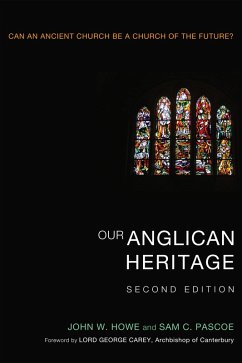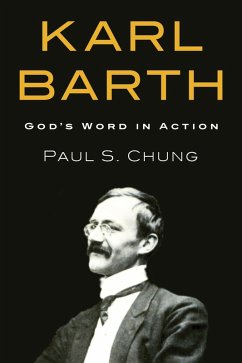Studying the early church can feel like entering a maze of bishops, emperors, councils, and arcane controversies. This book introduces early Christian theology by focusing on one particularly influential figure, Basil of Caesarea (ca. AD 330-378). It views Basil against the backdrop of a Roman Empire that was adopting Christianity. In Basil's day, Christians were looking for unity in the teaching and practice of their faith. This study acquaints the student with Basil's brilliant--and often neglected--theological writings. In particular, Saint Basil's reflections on the Trinity emerge from these pages as fascinating and illuminating testimonies to the faith of early Christians.
Dieser Download kann aus rechtlichen Gründen nur mit Rechnungsadresse in A, D ausgeliefert werden.

